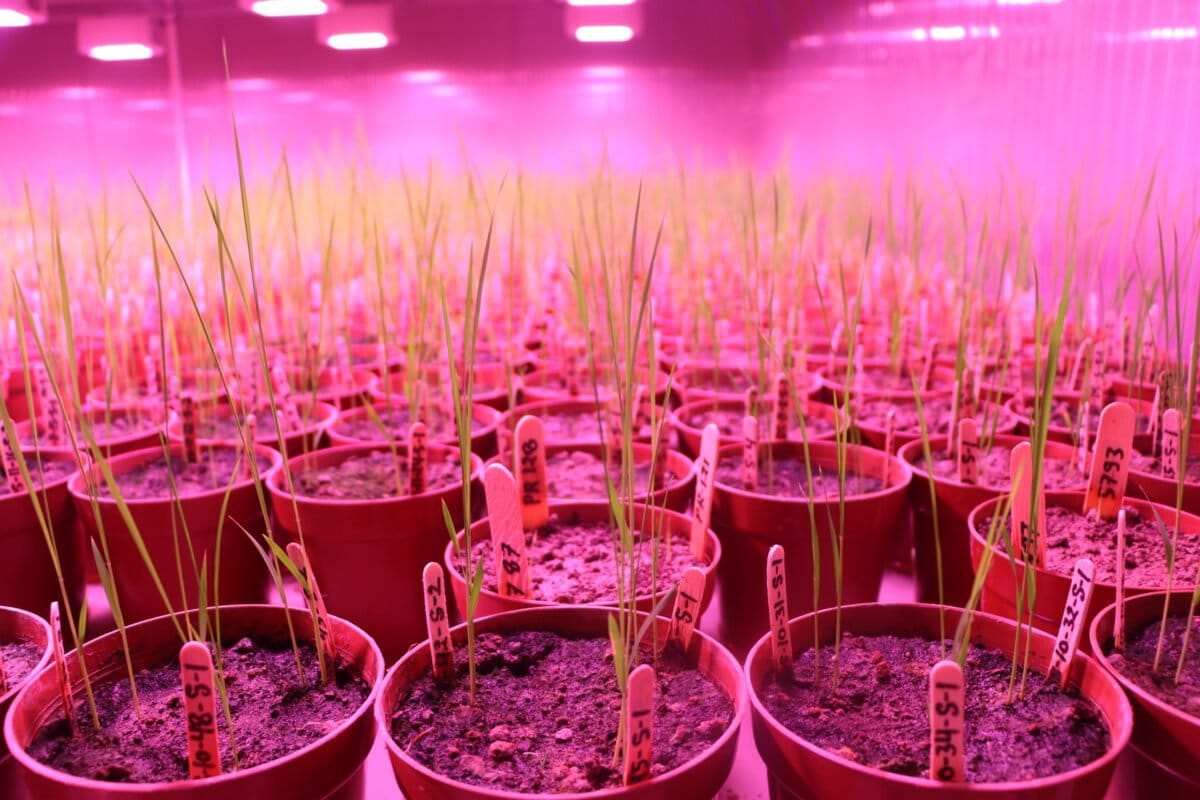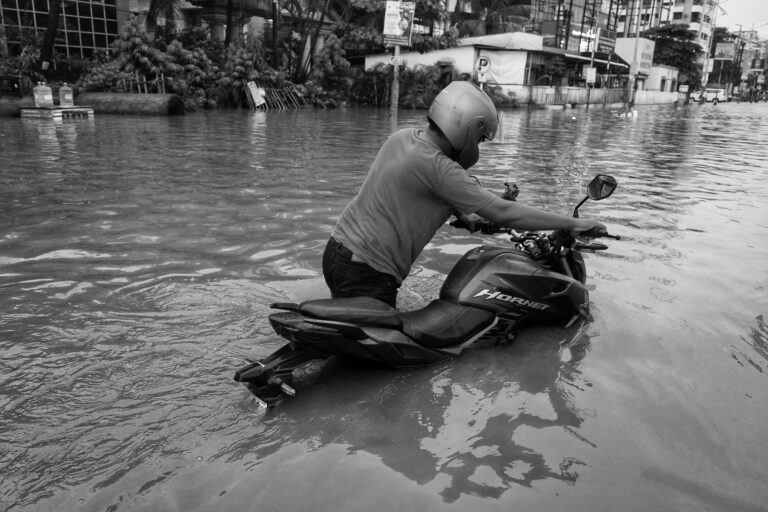- Currently, India relies entirely on imports for lithium, nickel, cobalt and copper, minerals essential to achieve its clean energy transition in power, transport and other sectors.
- After its first ever policy on critical minerals in June this year, the Indian government recently cleared key legislations to allow private players to explore and mine these minerals in order to increase supply and reduce import dependency.
- Experts say that a lot of the new moves depends on how fast India builds its supply chain of critical minerals.
Two months after the Indian government identified 30 critical minerals, it has proposed to amend the key mining legislation, Mines and Minerals (Development and Regulation) Amendment Bill, 2023, allowing private players to explore and mine critical minerals. These were earlier reserved for government entities only.
In June, the central government identified 30 critical minerals, including lithium, cobalt, nickel, graphite, tin and copper. Securing these minerals is key to India’s clean energy transition in power, transport and other sectors which will help meet its global mandate to lower carbon emission.
The government’s recent action suggests that it is focused on developing a smooth supply of critical minerals and reducing the current import dependency.
Currently, India mines some of the required minerals used in clean energy technologies such as iron ore, chromium, bauxite, aluminium, zinc, lead, manganese etc. However, it lacks the supply of crucial minerals, which are now identified as critical in its latest policy. The accessibility to these minerals is vital to build large scale production of clean energy technologies such as solar panels, wind turbines, utility scale battery storages and electric vehicle batteries.

According to the International Energy Agency (IEA) report, manufacturing batteries requires high usage of copper, nickel, lithium, cobalt and rare earth elements (REE), while usage of other minerals such as zinc, chromium and aluminium is very low.
As India has set a target of achieving half of the energy needs through the renewable sector by 2030, the requirement of battery storage, to be used as back up intermittently to stabilise the grid, has gained huge importance.
However, at present, India relies entirely on imports for lithium, nickel and cobalt, and the import for copper is as high as 93%. These four minerals are most critical to achieve the set target.
According to critical mineral policy, at least one third of 30 minerals are such which are 100% import-driven right now. It also includes tantalum, germanium, strontium, rhenium and tellurium that are used in manufacturing solar PV modules and other clean energy technologies.
Read more: Researchers release data set detailing locations and scale of mining sites worldwide
Reducing import of critical minerals will be a challenge for India
Mrinmoy Chattaraj, an energy transition consultant based in Kolkata, told Mongabay-India that through recent policy initiatives, India is trying to reduce import and achieve self-sufficiency in critical mineral supply for its economic, as well as climate change compulsions. “However, a lot will depend on how fast it builds up the supply chain for these minerals whether through investing in its own domestic production or through strategic global trade partnerships.”
Chattaraj said that world over, the demand for these minerals have shot up as countries have begun investing in clean technologies. “There are also geo-political issues at play and this makes the scenario quite challenging for India.”
Last month, Prime Minister Narendra Modi, while speaking at the Business 20 (B20) summit in New Delhi, warned that the world may see a new model of colonialism emerge if countries with large reserves of critical and rare earth minerals do not consider them as a global responsibility to share it with others.
According to Chattaraj, the government not only has to secure the supply of these critical minerals and scale up production of clean energy technologies, but also strategise to make it affordable for the public at large.
“For instance, 45% of the manufacturing cost of Electric Vehicles is of its batteries,” he said. “Chances of people buying EVs increase if these are available at affordable prices. This can be done if India overcomes supply side challenges and price volatility of these critical minerals.”
According to the critical mineral policy, the Indian government will provide the necessary support, and coordinate with other ministries and departments in framing policies and incentive schemes, required for creating a complete value chain of critical minerals in the country. The government may also collaborate with international agencies for the strategic acquisition of foreign assets on critical minerals.

The policy also favoured the creation of the National Institute of Centre of Excellence on critical minerals to identify more efficient ways for discovering next generation critical mineral deposits and deepening the local exploration of critical minerals. According to the official communication, India’s main exploration agency, Geological Survey of India (GSI) will undertake 122 exploration projects in the current fiscal year.
Swati D’souza, energy analyst at Institute For Energy Economics and Financial Analysis, told Mongabay-India, “It is good that India is investing in exploring critical minerals domestically, but it will take years before commercial production starts for minerals such as lithium, which are lately discovered.” Earlier this year, the Geological Survey of India (GSI) conducted an inferred level exploration in Jammu & Kashmir, where a lithium deposit was identified and will be the target for further exploration.
According to D’souza, the best way forward for India to secure its supply chain is to become part of a global consortium on critical minerals. India recently joined coveted critical minerals club, the Mineral Security Partnership (MSP), headed by the United States.
She said that in addition, India can strengthen the bilateral relationships with countries having large stock of such critical minerals so offshore supply becomes easy, she adds.
According to her, most of the critical minerals reserves are in global south countries. “India, for the last many years has been championing the cause of the global south at various international forums such as G20 and COP meetings. Leveraging on its soft power and trade relations to start building supply chains is also another thing for us [India] to look at.”
D’souza added that processing and refining the critical minerals is equally essential for India. “South Korea is a very interesting model, which invested heavily in the processing and refining industry and lowered the manufacturing cost.”
Read more: Preliminary exploration of lithium in India offers early hope, but a long journey remains ahead
Banner image: Representative image. A lithium quarry in Barossa Valley, SA, Australia. Photo by Dion Beetson/Unsplash.














